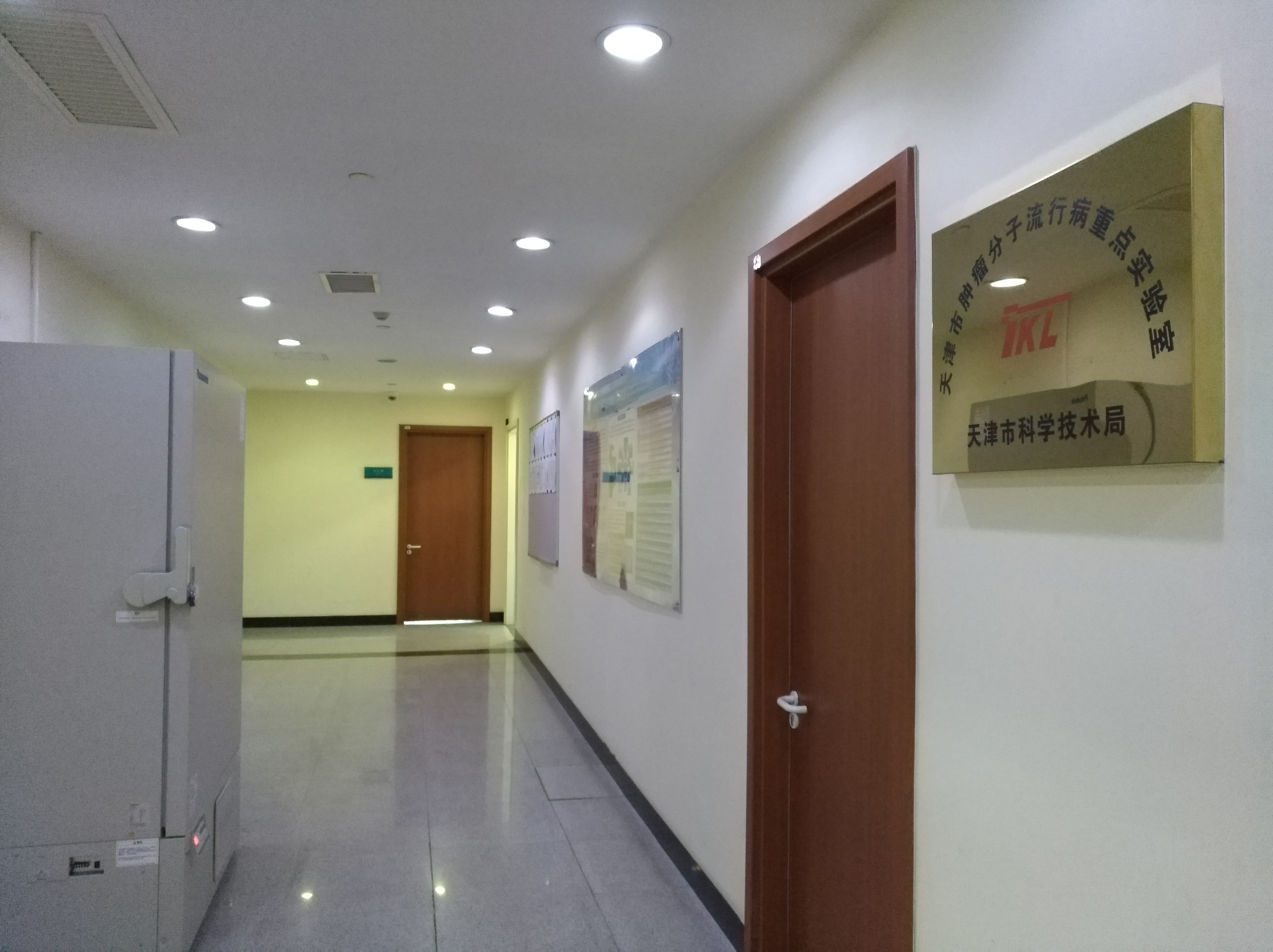Key Laboratory of Molecular Cancer Epidemiology, Tianjin

The key laboratory of molecular cancer epidemiology of Tianjin was established basing on the Epidemiology department in Tianjin Medical University Cancer Institute & Hospital. Currently, there are 12 faculties in this key lab, the leading PI is Professor Kexin Chen. The major research focus in this key lab is cancer epidemiology and etiology, and the top three cancer sites mostly studied here are breast cancer, ovarian cancer, and gastric cancer.

For breast cancer, we are taking the lead of a national breast cancer screening program, and more than 300,000 women from all around China participated in this program. Currently, we are analyzing the data and preparing to publish the results from screening. Research on the association between non-coding RNAs and breast cancer risk is our traditional project, and during the past several years we have been trying to identify SNPs within microRNA binding sites and SNPs within lincRNA sequences associated with breast cancer, and we have published a series of paper in this field in journals like PNAS and Clinical Cancer Research. We are also doing next generation sequencing on bilateral breast cancer and triple negative breast cancer, try to identify novel somatic mutations in breast cancer cases. And finally, we have established a breast cancer cohort including nearly ten thousand breast cancer cases, and we will continue to follow up these patients for a long time to research on the prognosis of breast cancer.
For ovarian cancer, we are taking the lead of a genome wide association study, and this is a national collaboration among five well-known cancer centers in China. In this study, we have identified four SNPs significantly associated with ovarian cancer risk, and the results have recently been published in Nature Communications. After that we have applied for money to do functional studies, investigating into the mechanism of the association. Also for ovarian cancer, we are supported by the National Natural & Science Foundation to do an international collaboration project on genome-wide DNA methylation, to identify molecular subtypes of ovarian cancer from an epigenetics perspective.
For gastric cancer, we have recently performed a whole-genome and whole-exome sequencing study and classified gastric cancer into high-clone and low-clone subtypes that significantly associated with survival. This paper has been submitted to Cancer Discovery. Also for gastric cancer, we performed an integrated microRNA and mRNA expression profiling study, and we found that the miR-200 family regulatory network plays an important role on gastric cancer survival. This paper has been published in Clinical Cancer Research.